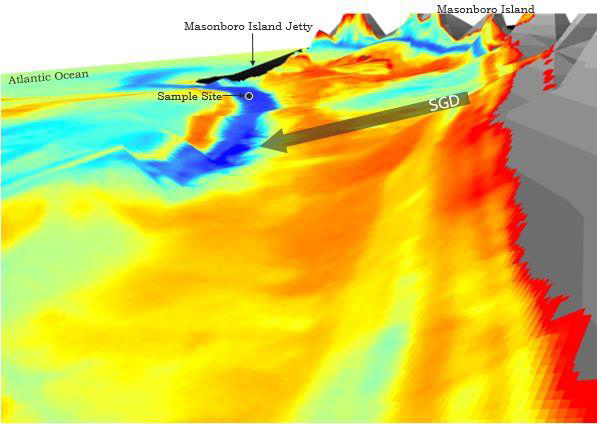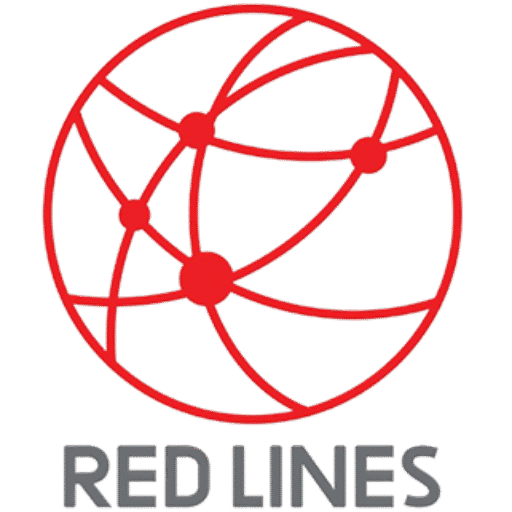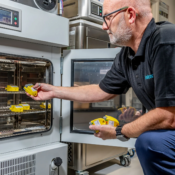In today’s competitive business landscape, companies across Saudi Arabia are under constant pressure to meet regulations, satisfy customers, and stand out from their competitors. While compliance with industry standards has always been a minimum requirement, the forward-thinking businesses of Riyadh, Jeddah, and Dammam are realizing that temperature mapping studies can do much more than check a regulatory box. When strategically implemented, they can become a powerful brand differentiator—transforming operational compliance into a competitive advantage.
Understanding Temperature Mapping Studies
Temperature mapping studies involve the detailed measurement and analysis of how temperature behaves in controlled environments such as warehouses, cold rooms, vehicles, and storage areas. In industries like pharmaceuticals, food, logistics, and even cultural preservation, these studies are vital to ensure that products remain safe, effective, and high quality throughout their lifecycle.
Traditionally, companies conducted temperature mapping simply to satisfy regulators. But today, the data collected can be leveraged to enhance operational efficiency, strengthen customer trust, and position businesses as leaders in their industries.

From Compliance to Competitive Advantage
For businesses in Saudi Arabia’s rapidly growing economy, the benefits of temperature mapping studies go far beyond compliance:
- Building Customer Trust
In sectors like food delivery, supermarkets, and pharmaceuticals, customers demand assurance that products have been stored and transported under the right conditions. By showcasing rigorous temperature mapping protocols, companies demonstrate their commitment to safety and quality, gaining customer confidence and loyalty. - Operational Excellence
Temperature data identifies inefficiencies in HVAC systems, storage layouts, and transport fleets. In Riyadh’s mega warehouses or Jeddah’s seafood supply chain, optimizing these processes reduces energy costs and product losses, directly improving profitability. - Sustainability Alignment
With the Kingdom’s Vision 2030 emphasizing sustainability, businesses can use temperature mapping studies to lower their carbon footprint by minimizing energy waste and enhancing cooling strategies in hot climates like Dammam. - Market Differentiation
While competitors may focus only on compliance, companies that use temperature mapping as part of their brand identity stand out as pioneers in innovation, responsibility, and quality. This creates a unique selling point in crowded markets.
Redlines: Leading the Shift in Saudi Arabia
At Redlines, we believe that compliance should be the baseline, not the finish line. Our temperature mapping study services in **Saudi Arabia—covering Riyadh, Jeddah, and Dammam—**are designed not only to help businesses meet regulations but also to leverage data for long-term growth and reputation building.
Through www.Redlines.sa, we deliver comprehensive solutions, including:
- Detailed heat distribution analysis in warehouses, vehicles, and storage facilities.
- Recommendations for energy-efficient designs.
- Validation reports for audits and certifications.
- Strategic insights to enhance brand positioning through transparency and data-driven assurance.
Case in Action: How It Impacts Markets
Consider a food delivery chain in Jeddah. By conducting temperature mapping studies, they ensure meals remain fresh throughout the supply chain. Instead of merely stating compliance, the company markets its reliability as a guarantee to customers, building brand loyalty in a highly competitive industry.
Similarly, a pharmaceutical distributor in Riyadh that validates its storage facilities through temperature mapping can confidently position itself as a premium provider—trusted by hospitals, regulators, and patients alike.
Looking Ahead: A New Standard for Success
As Saudi markets evolve, consumers and regulators alike are raising expectations. Meeting compliance will no longer be enough; businesses that thrive will be those that use temperature mapping studies as tools for innovation, sustainability, and customer engagement.
By embracing this shift, companies in Saudi Arabia can transform compliance obligations into opportunities for differentiation and growth.
Conclusion
In the age of smart cities, advanced logistics, and global competition, temperature mapping studies are no longer just regulatory requirements—they are strategic assets. Businesses in Riyadh, Jeddah, and Dammam that adopt this mindset will set themselves apart as leaders in quality and reliability.
At Redlines, we are proud to guide this transformation. Through our expertise and services available via www.Redlines.sa, we help companies move beyond compliance—turning temperature mapping into a true brand differentiator in the Saudi market.













